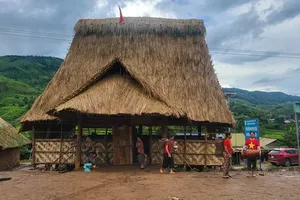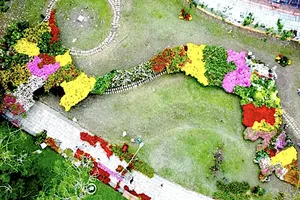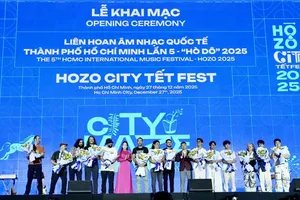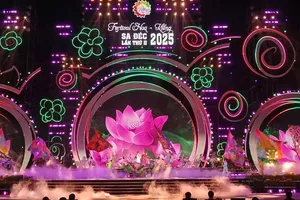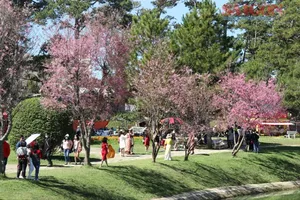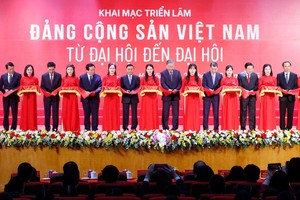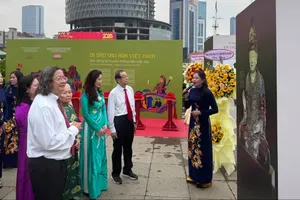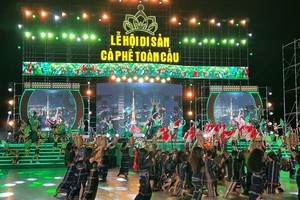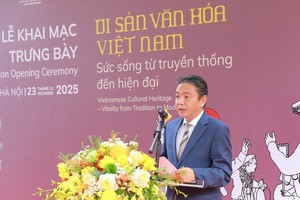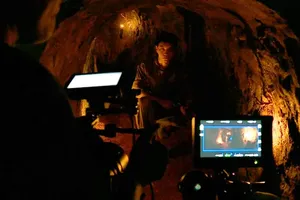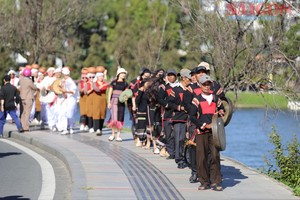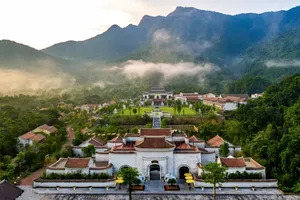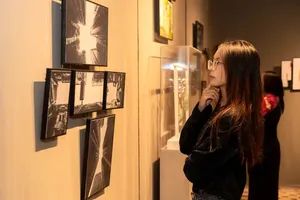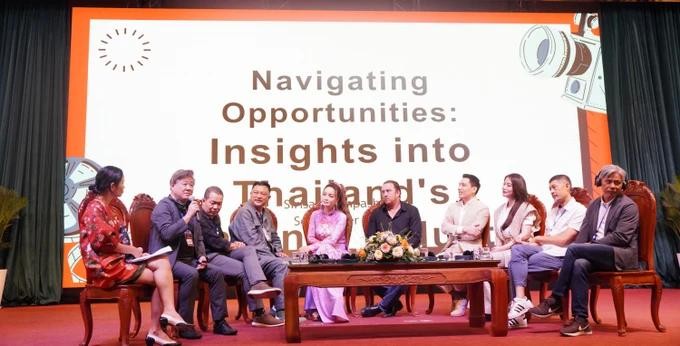
The Ministry of Culture, Sports, and Tourism, in collaboration with the People’s Committee of Binh Dinh Province, organized a seminar on long-term solutions for the development of tourism, cinema, and sports on September 3.
The event saw the participation of hundreds of delegates as well as numerous artists, directors, film producers, actors, and martial arts stars from both domestic and international backgrounds.
A delegation of leaders from the Ministry of Information, Culture, and Tourism of Laos, led by Deputy Minister Kouamoua Vansy, and a delegation from the Ministry of Culture and Fine Arts of Cambodia, led by Deputy Secretary of State Ek Buntha also attended the seminar.
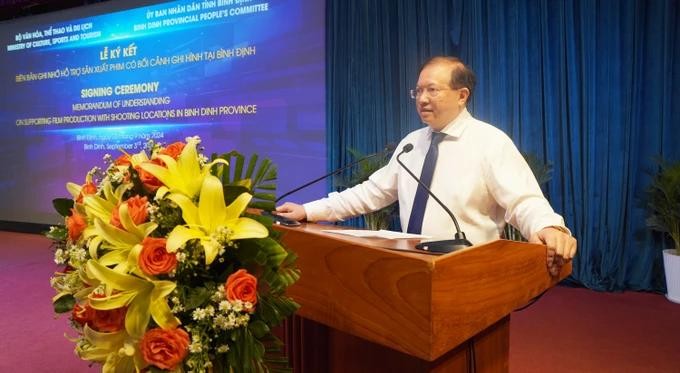
Deputy Minister Dong said that this seminar gave a chance for participants to discuss development potentials, proposing practical solutions to further effectively exploit the tourism and cinema potential in Vietnam.
At the seminar, Deputy Director of the Department of Culture, Sports, and Tourism of Ha Giang Province Nguyen Thi Hoai introduced the development journey of tourism and cinema in the province.
According to her, Ha Giang Province is not only blessed with magnificent and unique natural landscapes but is also a land rich in cultural heritage and ethnic diversity, with 19 ethnic groups coexisting with a very rich lifestyle. As a result, Ha Giang is a land full of mystical and enchanting colors and stories, expressed in the simple and innocent style of ethnic minority groups.
The seminar saw the signing of a memorandum of understanding for cooperation between Binh Dinh Province and film producers.
Vice Chairman Lam Hai Giang of the People's Committee of Binh Dinh Province, mentioned the natural potentials, landscapes, culture, and history of the province.
According to Mr. Lam Hai Giang, Binh Dinh has immense potential and room for development, but the film industry has yet to fully exploit these resources.
In particular, the historical and cultural narratives, the ups and downs of various dynasties with many talented generals, especially military genius Quang Trung - Nguyen Hue, are all rich sources for great cinematic works. Additionally, the cultural deposits of past dynasties, including the Cham culture, are all vast resources for major film productions.
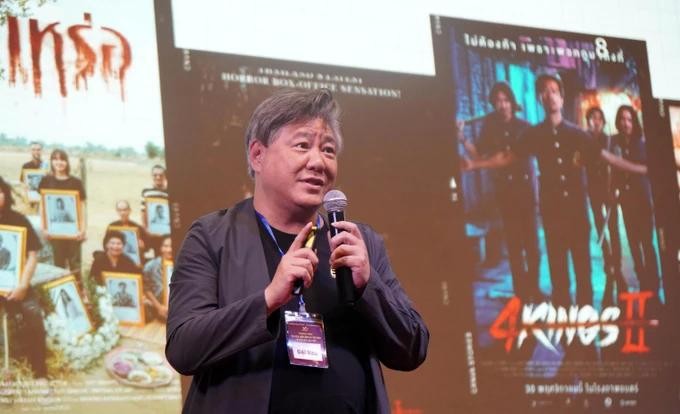
At the event, many guests also proposed a number of solutions to develop the film and tourism industries. Among the suggestions, some argued for the promotion of international film festivals and the creation of 'packages' to promote Vietnamese film studios, aiming to attract and invite international filmmakers.
Seminar participants voiced their opinions that most Vietnamese film producers face difficulties in resources and funding. Many collaborative programs with foreign partners encounter challenges due to mechanisms, policies related to refunds, tax rebates, information gathering, field research, legal matters, and infrastructure.
Thai film expert Sirisak informed the workshop that many Thai films have generated significant revenue for the country. In particular, films such as 'Lost in Thailand' (2012) and the James Bond series have contributed to a surge in tourism to the featured locations in Thailand for over a decade.
According to Mr. Sirisak, Thailand's attractive incentives, such as cash rebates for filmmakers, have strongly attracted international productions. Domestically, Thai localities have established funds to promote the film industry, using both government and private resources.


